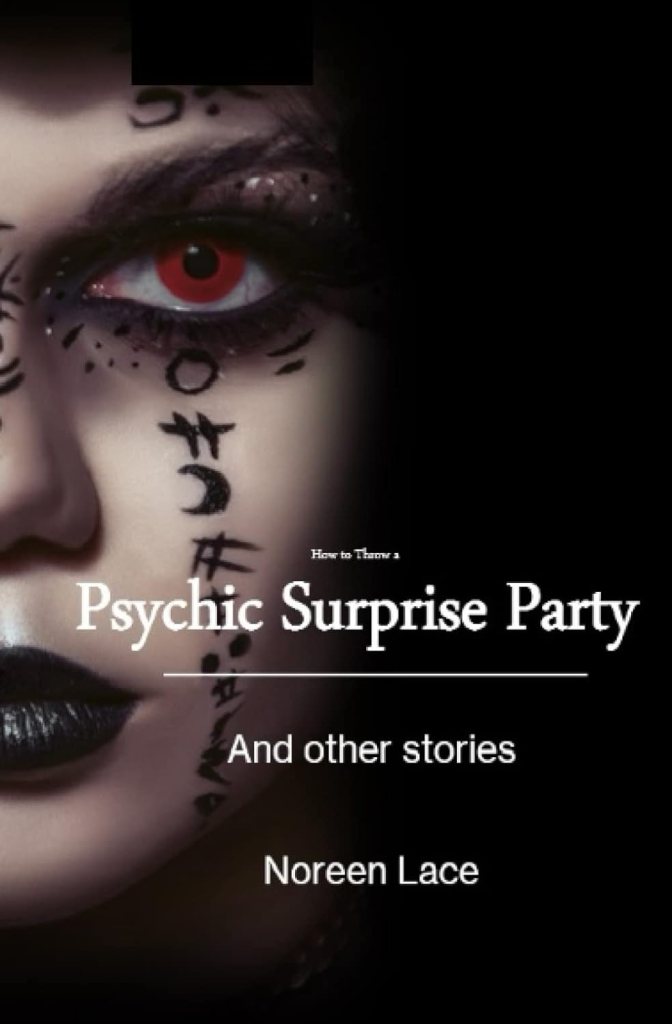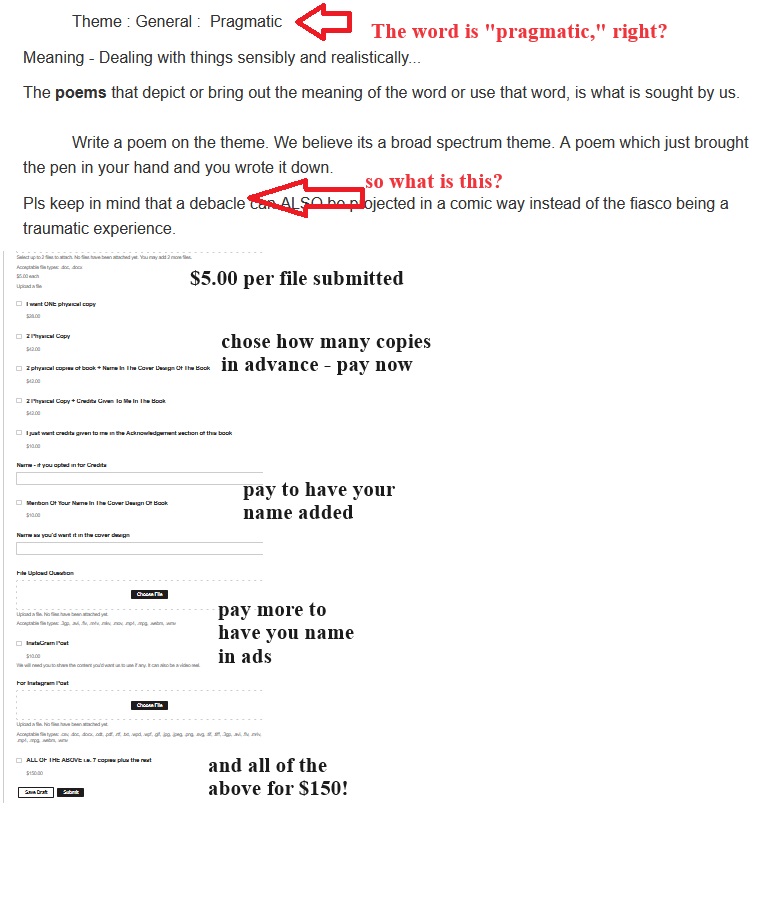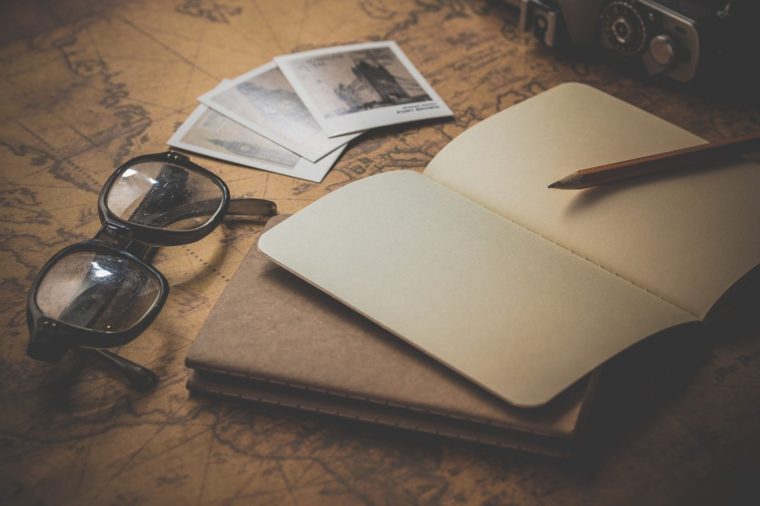Noreen Lace asked it first – How do you Throw a Psychic a Surprise Party?
And her answers (read that as stories) don’t disappoint.
The Healer’s Daughter watches her mother change before her eyes and fears for own future.
In Mirror People, a woman tries to save her sister from an obsession which may cost both of them.
The Crier, some people believe, is a miracle worker.
And how does one throw a psychic a surprise party? Find the title story within these pages and discover the answer.
Noreen Lace is an award winning educator and author. There is a beauty in language that speaks to the soul. It can’t be replicated by AI or articulated on the screen. She live in Language, California with her poe-cat Annabelle.
Hope to see you, in one way or another, at the Los Angeles Times Festival of Books!











You must be logged in to post a comment.